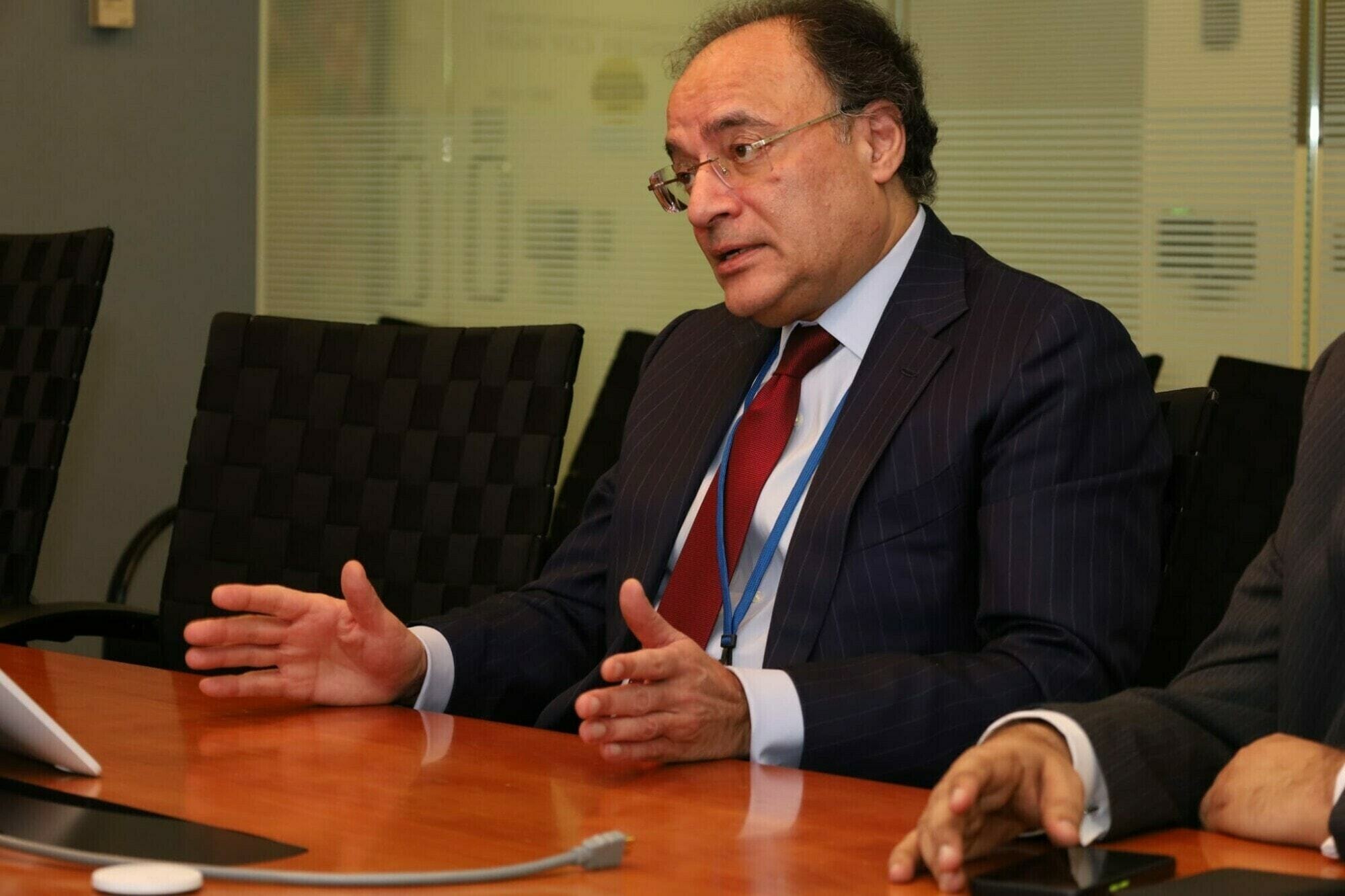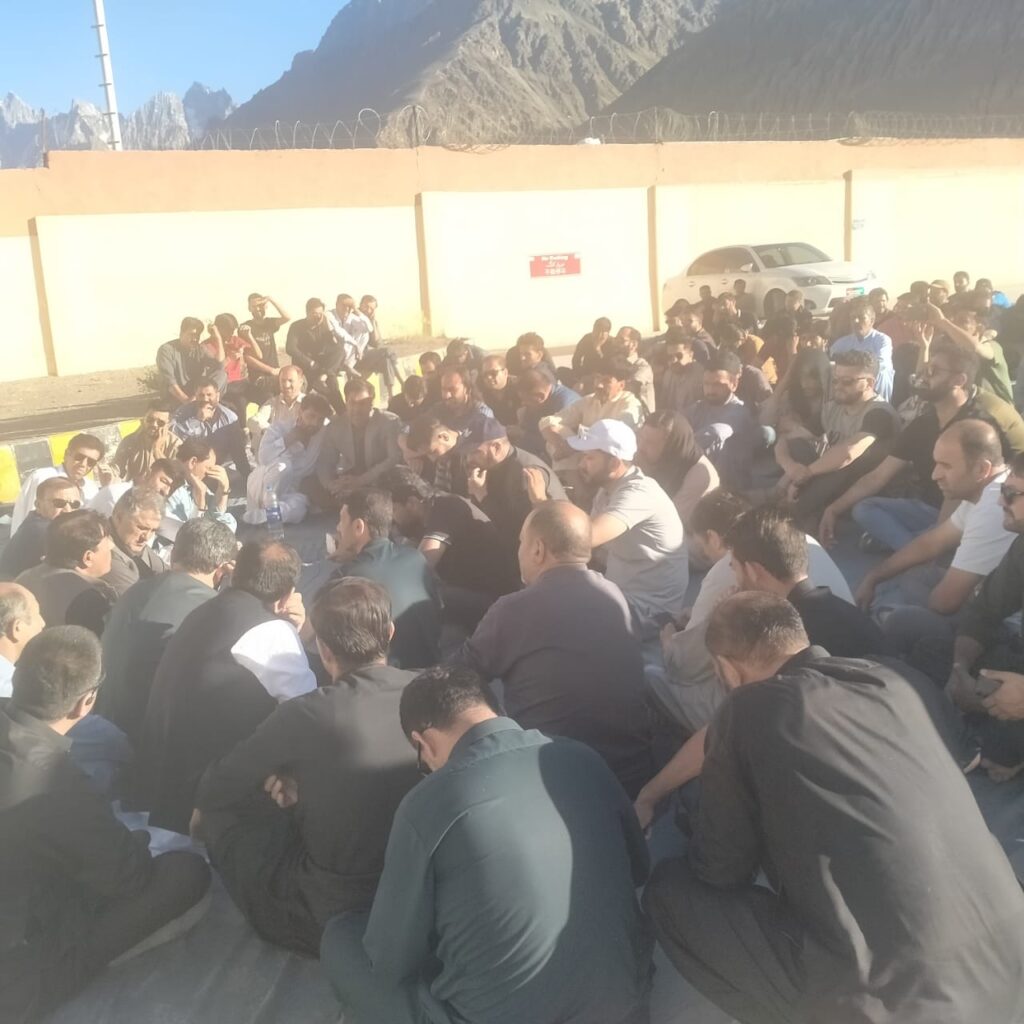PTBP Web Desk
The prestigious World Economic Forum Annual Meeting held in Davos, a significant meeting took place on the sidelines, highlighting Pakistan’s commitment to strengthening its financial sector. Federal Minister for Finance and Revenue, Senator Muhammad Aurangzeb, engaged in a constructive dialogue with Bill Winters, Group Chief Executive of Standard Chartered Bank (SCB). This encounter was not just a formality but a strategic discussion aimed at exploring avenues for further collaboration and expansion in Pakistan.
The primary agenda of the meeting revolved around SCB’s existing operations within Pakistan. Standard Chartered, with its long-standing presence in the region, has been a pivotal player in Pakistan’s banking sector, offering a range of financial services from corporate banking to personal finance. The dialogue touched upon the bank’s current footprint in the country, evaluating the efficiency and impact of its services, which have been instrumental in fostering economic growth and stability.
A significant portion of the discussion was dedicated to exploring potential opportunities for SCB’s expansion. Pakistan’s economy, despite facing various challenges, presents numerous untapped opportunities for foreign banks willing to invest in its burgeoning sectors. The Minister highlighted sectors like digital banking, sustainable finance, and infrastructure projects, where SCB could further extend its operations. This expansion would not only benefit the bank but also contribute to Pakistan’s economic development by bringing in more foreign investment, innovation, and employment opportunities.
Senator Aurangzeb expressed his gratitude towards SCB for their continued partnership. The acknowledgment was not merely symbolic; it underscored the bank’s contributions over the years, including its role during economic crises, its initiatives in promoting financial inclusion, and its support in various governmental and private sector projects. This partnership has been a cornerstone in the financial architecture of Pakistan, aiding in everything from trade finance to advisory services for both public and private entities.
The meeting in Davos signals a positive outlook for Pakistan’s financial landscape. With SCB considering expansion, it could lead to more competitive banking services, better technological adoption in banking, and enhanced financial products tailored for both local and international markets. This could also encourage other international banks to look towards Pakistan, potentially leading to a ripple effect of increased foreign direct investment in the financial sector.
The discussions in Davos are likely to pave the way for more detailed negotiations and agreements in the near future. The government, under the leadership of Senator Aurangzeb, seems keen on leveraging international partnerships to drive economic reforms and growth. This meeting, therefore, might just be the precursor to more significant financial collaborations between Pakistan and global banking giants like Standard Chartered.
For stakeholders in Pakistan’s economy, this development is a beacon of hope, signaling that despite economic fluctuations, the country remains an attractive destination for international finance. The government’s proactive approach in engaging with global financial leaders at platforms like the World Economic Forum is a strategic move to integrate Pakistan more deeply into the global economic system.




